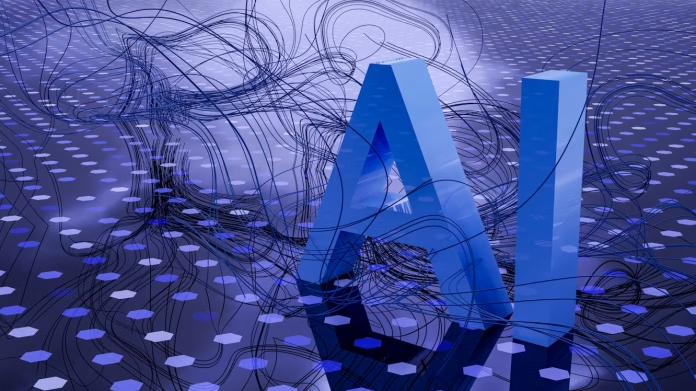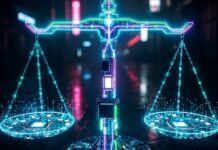Artificial intelligence (AI) is no longer a futuristic concept; it has become a primary driver of digital transformation. Industry companies benefit from AI for automation, decision-making, privatization, and innovation. As demand for AI solutions increases, developers who can design, build, and adapt these intelligent systems are in high demand.
In 2025, the role of an AI developer goes far beyond writing algorithms. This requires a combination of technical expertise, problem-solving capacity, and professional understanding. With AI job postings rising sharply, particularly in the United States, where the percentage of all job listings demanding AI skills increased from 1.4% to 1.8%, it’s clear that employers now seek developers who can integrate AI across diverse domains rather than simply build models. This article examines the most critical skills every AI developer needs to succeed in the coming years.
Table of contents
- 1. Strong Foundations in Mathematics and Statistics
- 2. Machine Learning and Deep Learning Expertise
- 3. Proficiency in Programming Languages
- 4. Data Engineering and Management
- 5. Natural Language Processing (NLP)
- 6. Computer Vision and Multimodal AI
- 7. Knowledge of AI Tools and Frameworks
- 8. Business and Domain Understanding
- 9. Ethical AI and Compliance Awareness
- 10. Regular Learning and Adaptability
- Conclusion
1. Strong Foundations in Mathematics and Statistics
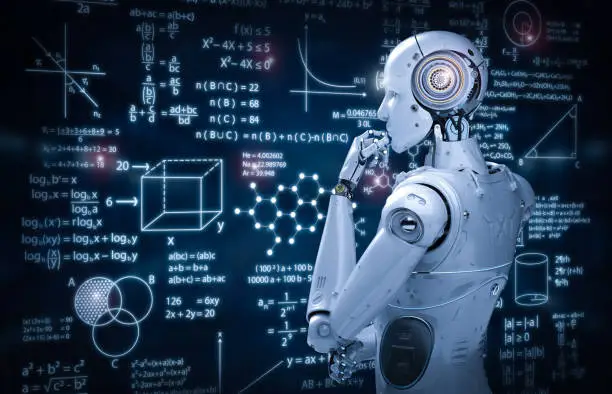
Mathematics is still the backbone of AI. Developers should have a deep understanding of linear algebra, calculus, probability, and statistics, as these machines form the basis for learning algorithms.
- Linear algebra supports operations in neural networks.
- Probability and statistics help developers build accurate models for the future.
- Calculus is used to optimize algorithms and minimize errors during training.
Without these basic elements, it is almost impossible to design a model that accurately represents real-world scenarios.
2. Machine Learning and Deep Learning Expertise
AI growth relies heavily on machine learning (ML) and deep learning. Developers should be skilled in creating models that can learn from data and adapt over time.
Key areas include:
- Supervised and unsupervised learning for predictive and clustering tasks.
- Neural networks for image and speech recognition.
- Reinforcement learning for robotics and adaptive systems.
As Business wants to hire AI developers, this expertise becomes one of the most sought-after skills, ensuring that AI solutions provide both accuracy and scalability.
3. Proficiency in Programming Languages
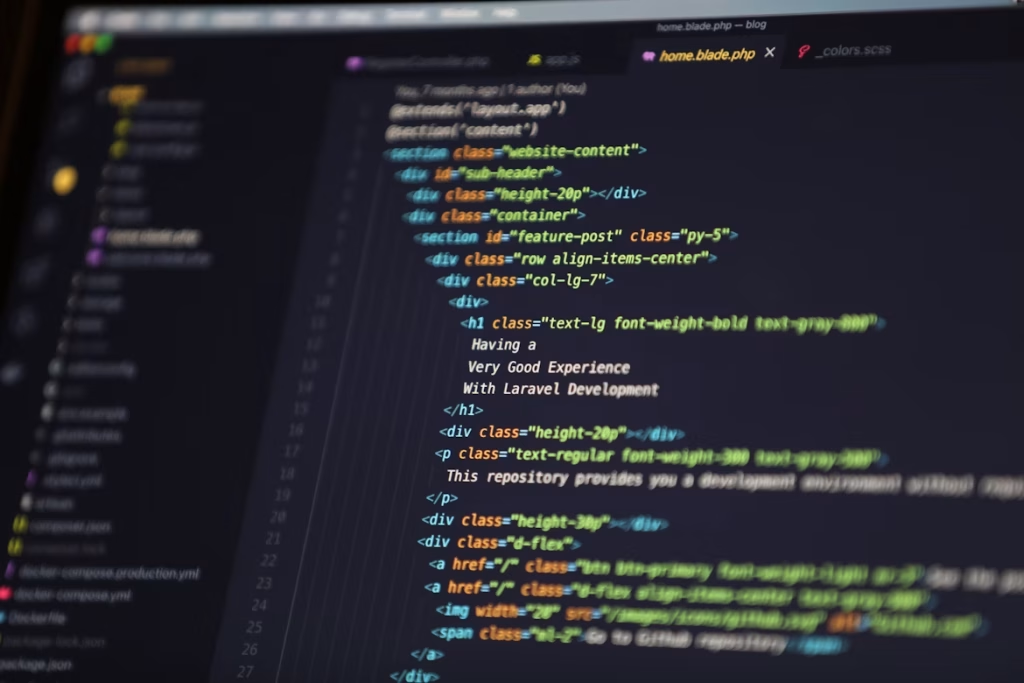
Coding is at the heart of AI development. Python dominates due to its simplicity and extensive library ecosystem, which includes Tensorflow, PyTorch, and Scikit-learn. However, other languages such as R, Julia, and Java also play an important role based on the use case.
In 2025, the best AI developers not only know how to code but also how to write optimized, scalable, and production-ready applications.
4. Data Engineering and Management
AI systems thrive with high-quality data. Developers should understand how to collect data and process the data effectively. By 2025, skills will be required to manage large data platforms, including Apache Spark, Hadoop, and Distributed Databases.
Knowledge of data pipelines, ETL processes, and cloud data platforms (AWS, Google Cloud, Azure), etc. ensures that AI can easily access and process information on the application scale.
5. Natural Language Processing (NLP)
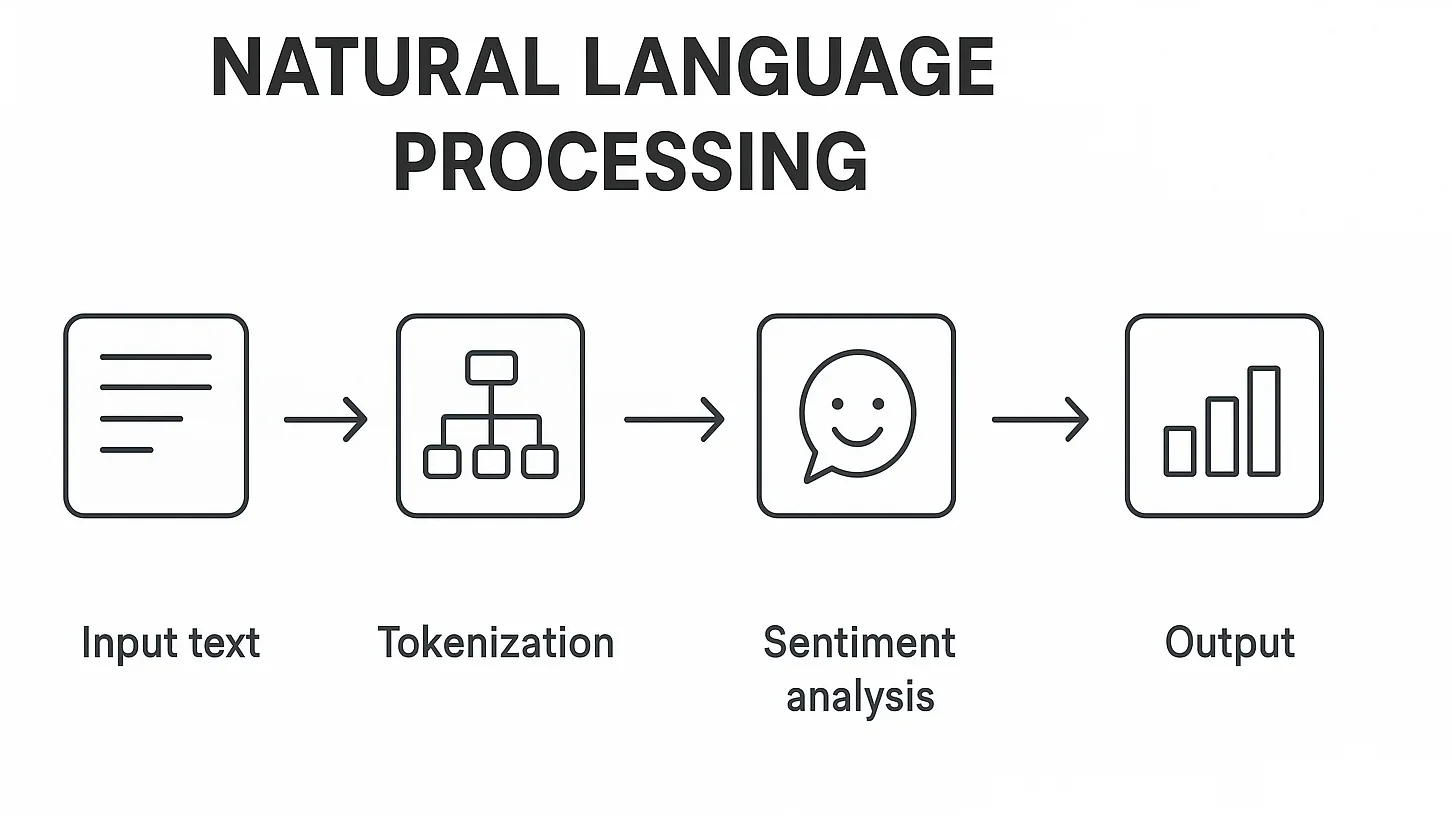
With conversational AI, chatbots, and voice assistants becoming mainstream, NLP has become a vital skill for AI developers. By mastering NLP, expert coders can create systems that understand and generate human language.
Key areas include:
- Sentiment analysis.
- Named entity recognition.
- Machine translation.
- Generative AI applications.
In 2025, NLP will be essential as companies are focused on interaction and personal experiences.
6. Computer Vision and Multimodal AI
The increase of autonomous vehicles, intelligent monitoring, and AR/VR applications has made computer vision indispensable. AI developers should have a solid understanding of image processing, object detection, and visual recognition models.
Beyond single modalities, Multimodal AI, which combines vision, text, and speech, gets traction. Developers who can design a system that integrates multiple data types will stand out.
7. Knowledge of AI Tools and Frameworks

By 2025, a skilled developer will be proficient with AI frameworks such as TensorFlow, PyTorch, and Keras, among others. Additionally, MLOps will be crucial for managing the AI model on a well-established scale, utilizing tools such as MLflow and Kubeflow.
Working with pre-trained models and corrections tailored to specific applications will save time during development, making the solutions more effective.
8. Business and Domain Understanding
AI is not present in isolation – it solves real business problems. Developers should understand industry-specific needs of various sectors, including healthcare, finance, retail, and logistics. This helps design solutions that match business goals.
Collaborating with stakeholders, translating technical insight into the company’s results, and ensuring that ROI-driven outcomes are part of the extended role of the AI developer.
Partnership with the AI development company often provides access to developers who combine technical expertise with deep industry knowledge, ensuring an analog and impressive solution.
9. Ethical AI and Compliance Awareness
With increasing concern about privacy, bias, and clarity, AI developers should create moral and responsible systems. The skills are quickly valuable in areas such as justice, transparency, and compliance with regulatory bodies.
By 2025, developers must be updated on the global AI rules and ensure that their models perform to the standard without compromising performance.
10. Regular Learning and Adaptability
AI is growing very fast and has become vast, with new algorithms, tools, and frameworks emerging constantly. The most successful developers will be lifelong learners, maintaining the pace of innovation, experimenting with new techniques, and staying at the forefront of the curve.
Adaptability ensures that developers remain relevant as businesses transition to more advanced AI-driven strategies.
Conclusion
The role of AI developers in 2025 is dynamic and versatile. From strong mathematical foundations to machine learning, NLP, data view, and mastery of data management, their skills should be balanced with business understanding and moral responsibility.
For organizations, AI talent is not just about filling technical roles; it is about strengthening teams that can create scalable, responsible, and future-proof AI solutions. With a specialization in AI integration, the business that hire mobile app developers gets a competitive advantage, as developers who use these skills will be ahead of the AI revolution.



